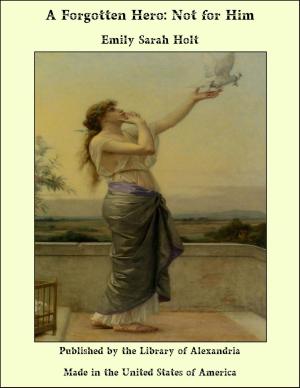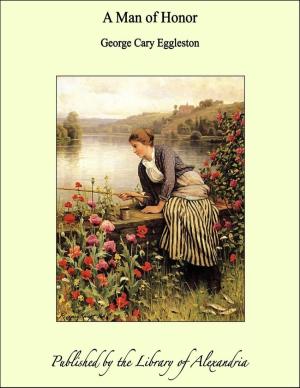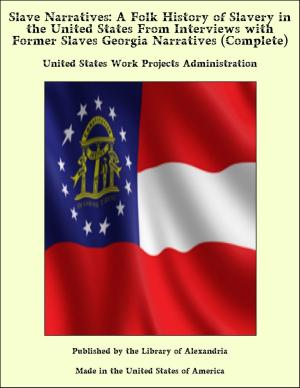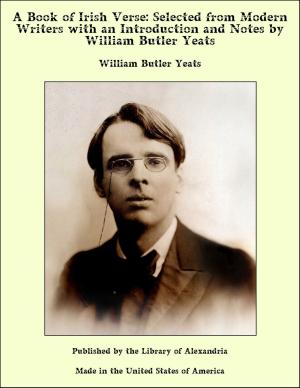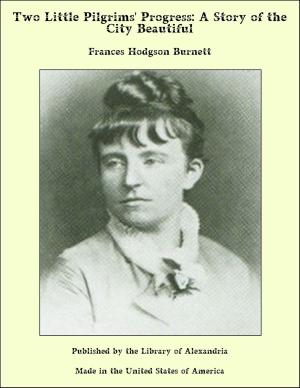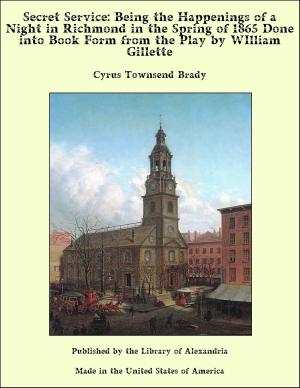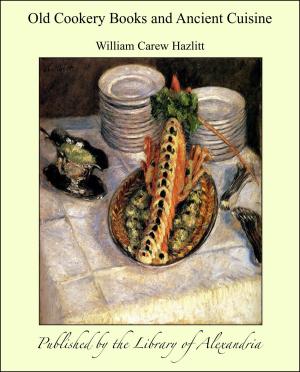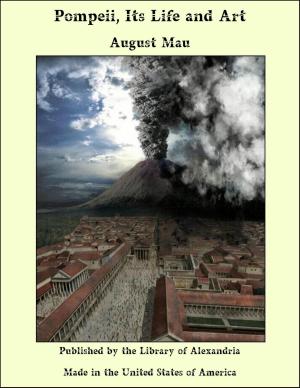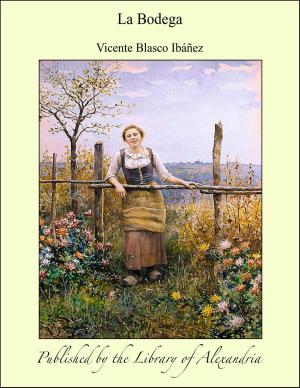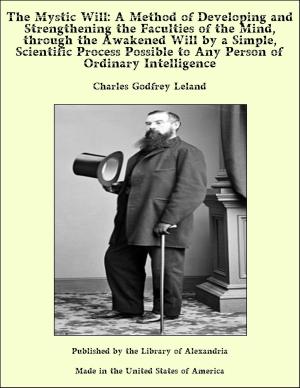A Letter on Shakespeare's Authorship of the Two Noble Kinsmen and on the Characteristics of Shakespeare's Style and the Secret of His Supremacy
Nonfiction, Religion & Spirituality, New Age, History, Fiction & Literature| Author: | William Spalding | ISBN: | 9781465587954 |
| Publisher: | Library of Alexandria | Publication: | March 8, 2015 |
| Imprint: | Language: | English |
| Author: | William Spalding |
| ISBN: | 9781465587954 |
| Publisher: | Library of Alexandria |
| Publication: | March 8, 2015 |
| Imprint: | |
| Language: | English |
This Letter by Prof. Spalding has always seemd to me one of the ablest (if not the ablest) and most stimulating pieces of Shakspere criticism I ever read. And even if you differ from the writer’s conclusion as to Shakspere’s part, or even hold that Shakspere took no part at all, in the Play, you still get almost as much good from the essay as if you accept its conclusions as to the authorship of The Two Noble Kinsmen. It is for its general, more than for its special, discussions, that I value this Letter. The close reasoning, the spirited language, the perception and distinction of the special qualities of Shakspere’s work, the investigation into the nature of dramatic art, the grasp of subject, and the mixt logic and enthusiasm of the whole Letter, are worthy of a true critic of our great poet, and of the distinguisht Professor of Logic, Rhetoric, and Metaphysics, who wrote this treatise, that at once delights and informs every one who reads it. No wonder it carrid away and convinct even the calm judicial mind of Hallam. Indeed, while reading the Letter, one can hardly resist the power of Prof. Spalding’s argument, backt as it is by his well-chosen passages from the Play. But when one turns to the play itself, when one reads it aloud with a party of friends, then come doubt and hesitation. One begins to ask, ‘Is this indeed Shakspere, Shakspere at the end of his glorious career, Shakspere who has just given us Perdita, Hermione and Autolycus’? Full of the heavenly beauty of Perdita’s flowers, one reads over The Two Noble Kinsmen flower-song, and asks, pretty as the fancy of a few of the epithets is, whether all that Shakspere, with the spring-flowers of Stratford about him, and the love of nature deeper than ever in his soul—whether all he has to say of the daisy—Chaucer’s ‘Quene of flourës alle’—is, that it is “smelless but most quaint”; and of marigolds, that they blow on death-beds, when one recollects his twenty-years’ earlier use of them in Lucrece (A.D. 1594):— Without the bed her other fair hand was, On the green coverlet; whose perfect white Show’d like an April daisy on the grass, With pearly sweat, resembling dew of night.
This Letter by Prof. Spalding has always seemd to me one of the ablest (if not the ablest) and most stimulating pieces of Shakspere criticism I ever read. And even if you differ from the writer’s conclusion as to Shakspere’s part, or even hold that Shakspere took no part at all, in the Play, you still get almost as much good from the essay as if you accept its conclusions as to the authorship of The Two Noble Kinsmen. It is for its general, more than for its special, discussions, that I value this Letter. The close reasoning, the spirited language, the perception and distinction of the special qualities of Shakspere’s work, the investigation into the nature of dramatic art, the grasp of subject, and the mixt logic and enthusiasm of the whole Letter, are worthy of a true critic of our great poet, and of the distinguisht Professor of Logic, Rhetoric, and Metaphysics, who wrote this treatise, that at once delights and informs every one who reads it. No wonder it carrid away and convinct even the calm judicial mind of Hallam. Indeed, while reading the Letter, one can hardly resist the power of Prof. Spalding’s argument, backt as it is by his well-chosen passages from the Play. But when one turns to the play itself, when one reads it aloud with a party of friends, then come doubt and hesitation. One begins to ask, ‘Is this indeed Shakspere, Shakspere at the end of his glorious career, Shakspere who has just given us Perdita, Hermione and Autolycus’? Full of the heavenly beauty of Perdita’s flowers, one reads over The Two Noble Kinsmen flower-song, and asks, pretty as the fancy of a few of the epithets is, whether all that Shakspere, with the spring-flowers of Stratford about him, and the love of nature deeper than ever in his soul—whether all he has to say of the daisy—Chaucer’s ‘Quene of flourës alle’—is, that it is “smelless but most quaint”; and of marigolds, that they blow on death-beds, when one recollects his twenty-years’ earlier use of them in Lucrece (A.D. 1594):— Without the bed her other fair hand was, On the green coverlet; whose perfect white Show’d like an April daisy on the grass, With pearly sweat, resembling dew of night.

